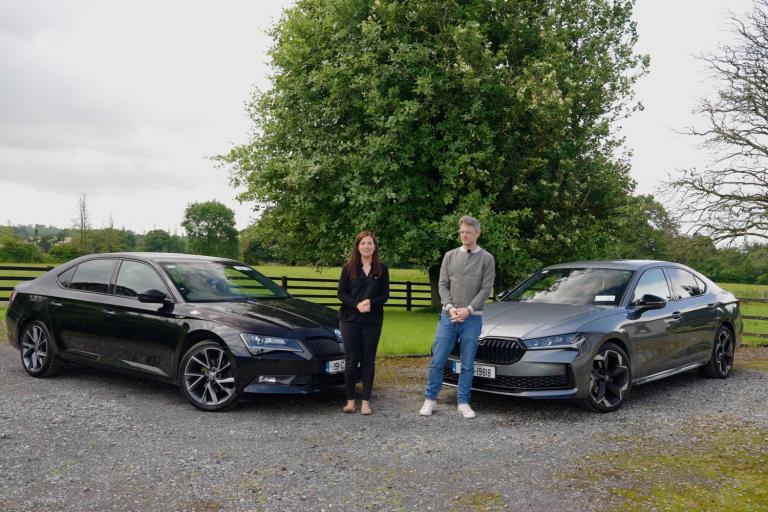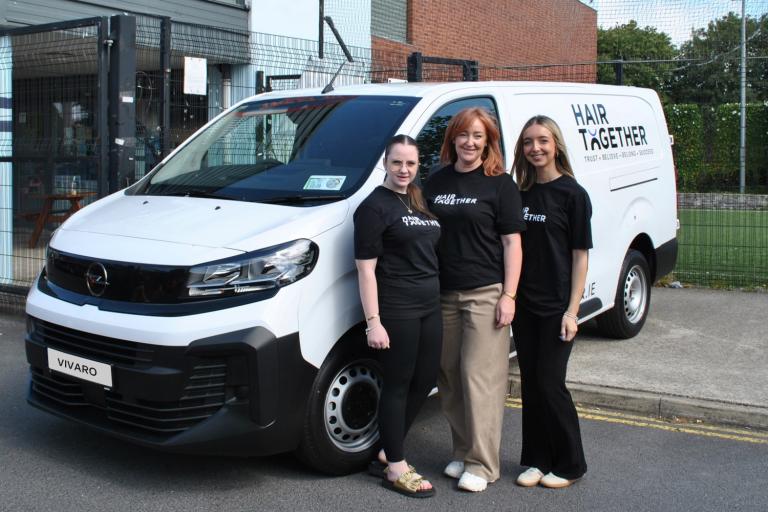The scourge of drink driving is not going away
Published on 28 November, 2021
Overview
Christmas is supposed to be a happy time to be on the road. Travelling home to our families, venturing across the country looking forward to a holiday period that will be spent making memories and celebrating with loved ones.
Gathering together this year may not be as straightforward as we might have hoped, and the safety of our vulnerable family members or friends is foremost in our minds.
My appeal for Christmas and New Year 2021/2022 is that motorists are just as mindful, and just as vigilant of other road users and their own behaviour on the roads as they would be concerned for the safety of their own families and friends. As road users, we must remember that as soon as we step into a car, van or truck, every other road user we encounter is someone else’s family member – a brother, a sister, mother or father, wife or husband.
Every Christmas we see the devastating impact road collisions have on our society, and on families who are supposed to be celebrating a happy time of year. Over the last five years, 83 people were killed and 709 were seriously injured on Irish roads over the Christmas and New Year period. This means that an average of 17 people die and 142 are seriously injured each year at this time.
As a society we cannot see more families staring at empty chairs where a loved one should be sitting. We cannot let another 17 people lose their lives and another 142 people suffer serious injuries between now and the end of the year. These are preventable deaths and injuries. We don’t want to add to the toll of 120 deaths on the roads this year to date.
According to An Garda Síochána, around 4,500 people have been arrested on suspicion of drink driving. A further 3,333 have been arrested on suspicion of drug driving. That’s around 166 drivers arrested each week for driving under the influence of an intoxicant.
According to the Medical Bureau of Road Safety, the body which analyses specimens of drivers suspected of driving under the influence, detection of drug driving has increased substantially in recent years. However, alcohol remains the most common intoxicant detected in drivers. In 2020, 94pc of drivers, who following arrest provided an evidential breath sample for alcohol analysis, had alcohol detected in their breath. Combining breath, blood and urine alcohol positive samples, it is notable that 42pc of drivers have levels greater than 150mg/100ml blood equivalent.
All age groups – drivers aged 16 to 83 – are well represented in drink-driving detections. Most arrests for drink driving in males is evenly spread across the late teens to mid-40 age categories, while female arrests peak in the 35-44 age group. Drink driving is not going away, and detection of it has increased.
One way to make a change at this time of year centres around our behaviour on ‘the morning after’. The morning after is a real danger zone for drink driving.
An analysis by the RSA of Garda investigation files for fatal collisions shows 11pc of fatal collisions in which a driver had consumed alcohol occurred between 7am and 11am.
There is no hard rule about when it is safe to drive after you have been drinking. However, motorists should allow at least one hour per standard drink for the alcohol to clear their system. A standard drink is half a pint, a small glass of wine or a standard measure of spirits. If drinking at home, you may be unknowingly drinking larger measures and therefore increasing the risk of being unsafe to drive the following morning.
As we meet family and friends over the festive period, it falls to us all to make the right choice not to drink and drive. Your choice to drink and drive could have lasting consequences. At best you could lose your licence. At worst, you could be responsible for someone’s death or serious injury. Don’t take chances. Don’t risk losing your licence. Don’t be responsible for someone’s death or serious injury.
Alcohol and driving do not mix. If you are heading out, plan how you are going to get home safely. Designate a driver, organise a taxi, minibus or use public transport.
The Coca-Cola Designated Driver campaign is running again this year. The scheme offers free soft drinks and water to anyone acting as a designated driver on a night out with friends or family. The company has also teamed up with Q-Park cark parks to offer free parking for designated drivers in Dublin, Cork, Galway and Belfast. So there really is no excuse.
Latest Reviews

Skoda Superb: New vs Used Comparison

Car Finance Explained - What's the best option for me?

Opel Supports Hair Together with Vivaro Van Donation